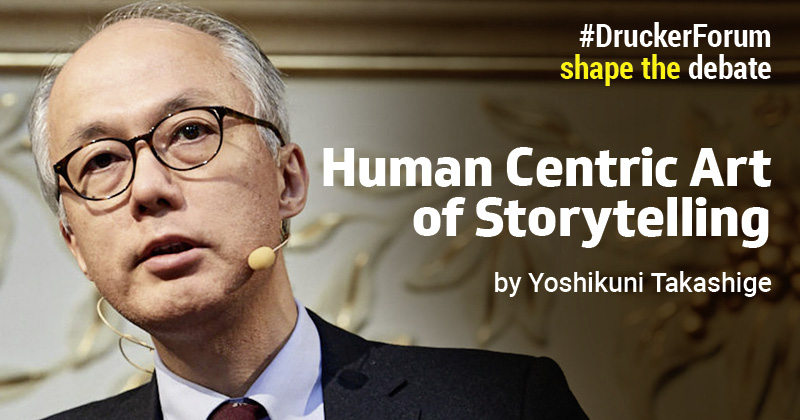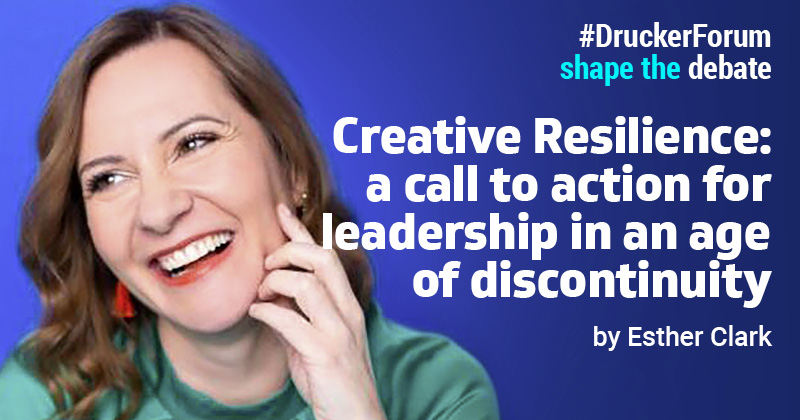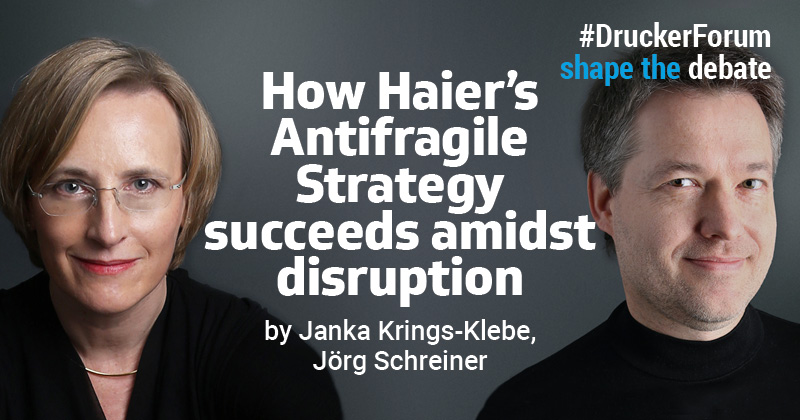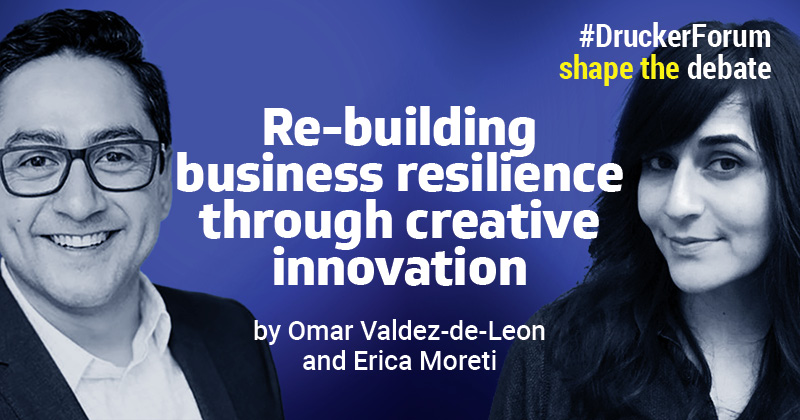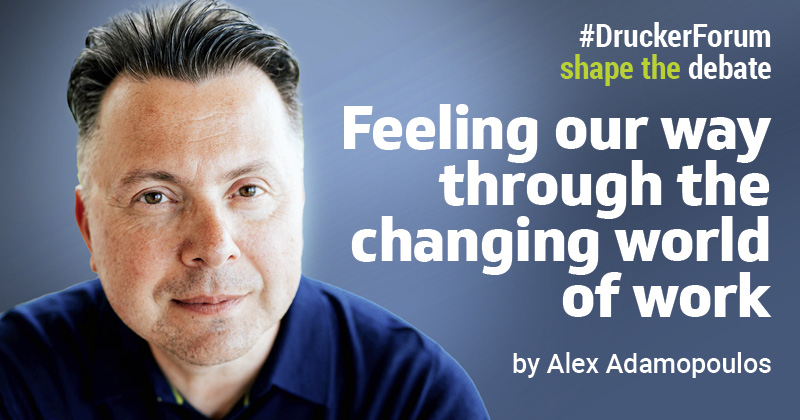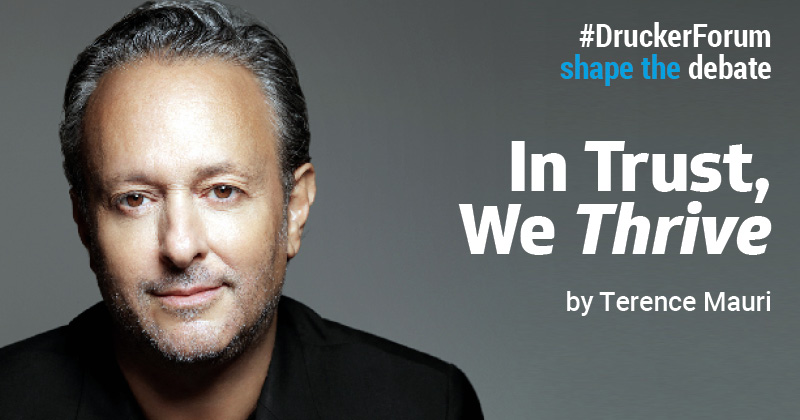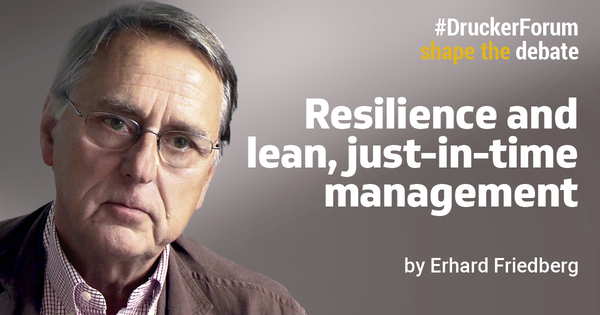Storytelling, the art of developing narratives, is considered one of the most needed skills in business. This is because your stories enable your colleagues and customers to intuitively understand and resonate with new business ideas, marketing messages and future visions. Storytelling is a distinct act that humans only can do. But this one of a kind status is being challenged by evolving technologies. […]
Continue reading